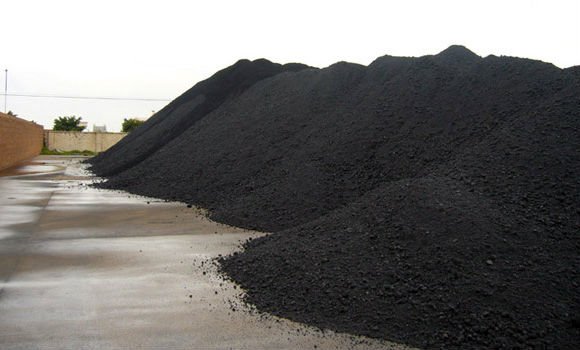Petroleum coke is a byproduct of the oil refining process. As refineries worldwide seek to operate more efficiently and extract more gasoline and other high value fuels from each barrel of crude oil, a solid carbon material known as petcoke is produced.
The chemical and physical characteristics of petcoke are a function of the crude oil and refining technology used by the refinery. Petcoke can be hard or relatively soft. Physically, petcoke can resemble large sponges with numerous pores, or it can resemble small spheres, ranging in size from a grain of sand to a large marble. Chemically, petcoke can include a variety of elements and metals in a wide range of concentrations. Depending on these physical and chemical characteristics, petcoke is typically used in either an energy application, as a source of British Thermal Units (BTUs) or in an industrial application, as a source of carbon.

